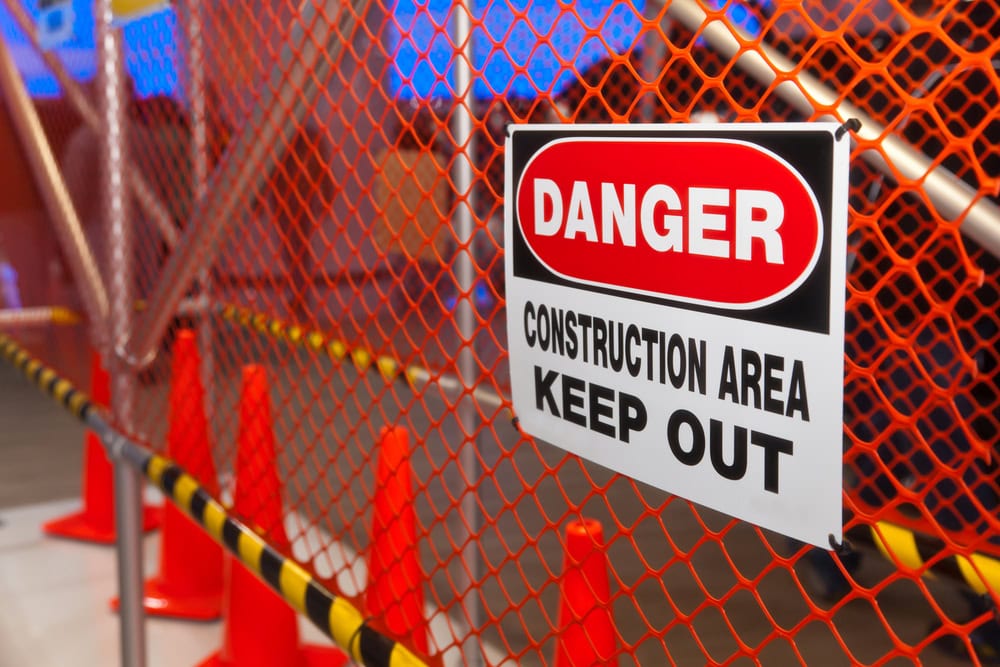How To Become A General Contractor After High School In California
What is a General Contractor? A general contractor in California is responsible for overseeing construction projects, managing subcontractors, and ensuring that a project complies with legal and quality standards. There are different types of contractor licenses in California, including Class B (General Building Contractor), Class B-2 (Residential Remodeling Contractor), and Class C (Specialty Contractor), each … Read more










